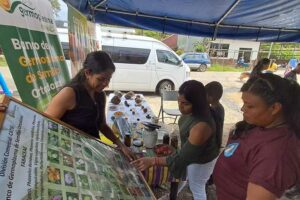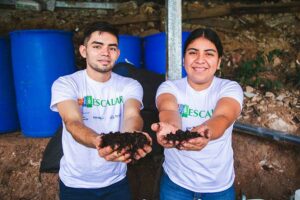CIENPINOS Closes 2024 Successfully with a Workshop for Heritage Pig Farmers
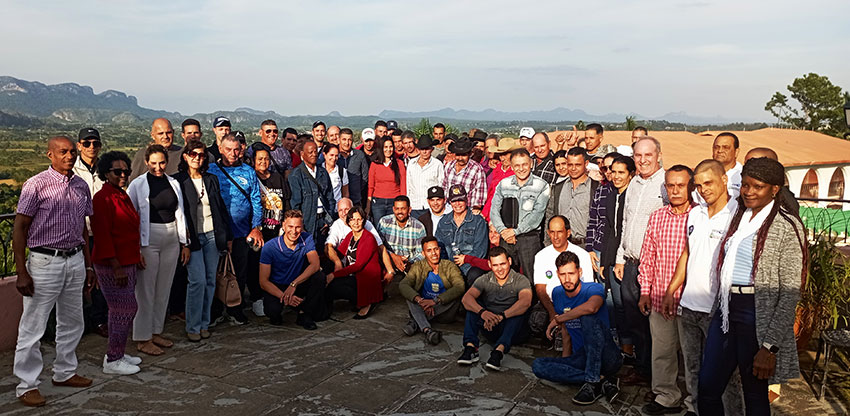
- At the event in Viñales and La Palma, Cuba, traditional knowledge was highlighted, and the plan of activities for 2025 was presented.
The CIENPINOS project “Municipal Climate Governance and Sustainable Agroforestry Food Production with Low Emissions and Adaptation to Climate Change in Cienfuegos and Pinar del Río, Cuba” concluded its 2024 activities with significant participation in the Workshop for Heritage Pig Farmers, held from December 4 to 6 in Viñales, Pinar del Río Province, Cuba. The event gathered 90 participants, including 70 farmers, and served as a platform to share research results, strengthen traditional knowledge, and plan activities for 2025.
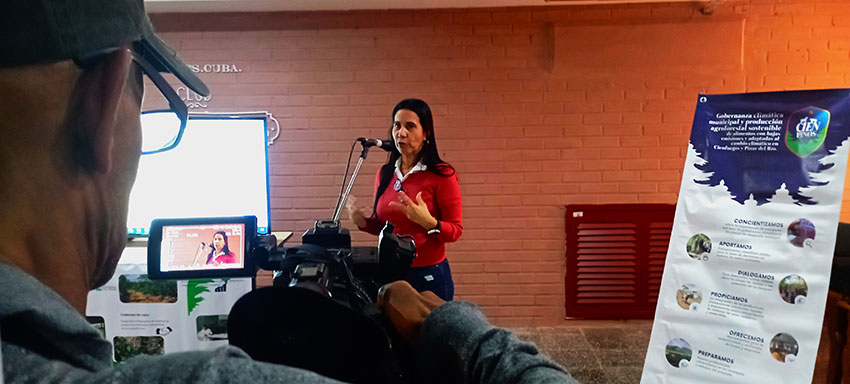
During the first session, Tania Sánchez, CIENPINOS National Director, presented the achievements in the various components of the project. Ongoing research and training activities carried out in Cuba and at CATIE in Costa Rica were highlighted.
The workshop also allowed component leaders to share the 2025 Annual Operational Plan (AOP), which was analyzed and discussed by the implementation teams from Pinar del Río and Cienfuegos.
Capacity Building and Strategic Communication
Nayda Armengol, responsible for the project’s Communication component, highlighted the positive impact of audiovisual tools and stressed the importance of consolidating the project’s presence on its website and social media to increase its reach. Meanwhile, Mildrey Soca, responsible for the project’s Capacity Building component, emphasized the importance of training as a fundamental pillar of the project, presenting statistics reflecting the impact of these actions in 2024.
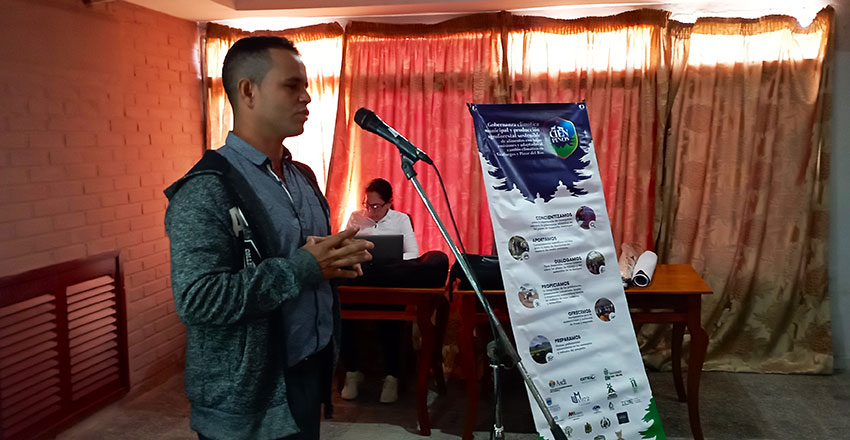
Knowledge Exchange with Farmers
The workshop included a session dedicated to gathering traditional knowledge, led by Roberto Yasiel García. Through working groups, farmers shared their practices for managing heritage pigs and discussed solutions and alternatives to challenges. The participation of women farmers enriched the exchange, as they play a key role in the production chain.
A special moment was the premiere of the song Valle Vivo by the Viñales trovador Juan Labrada, a guajira dedicated to CIENPINOS that celebrates local culture and the project’s work.
Scientific Results for Local Development
The event also served to share with attendees the scientific study results produced by CIENPINOS. Ángel Zaldívar presented an inventory of pine-oak trees in Viñales, while Isyoel Urrutia detailed the 48 botanical species identified in the local ecosystem. Additionally, Mildrey Soca shared preliminary findings on soil macrofauna.
The workshop concluded with reflections from the project’s International Coordinator, Ismael Hernández, who stated that the greatest challenge of CIENPINOS is “making visible those who have been invisible until now,” underscoring the project’s social commitment.
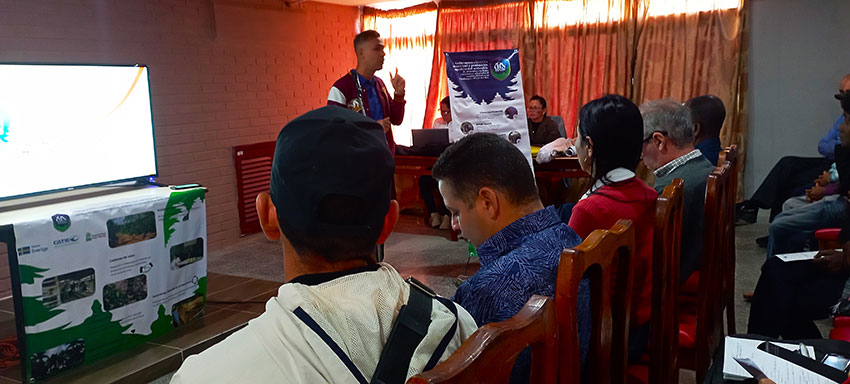
More information:
Ismael Hernández Venereo
International Coordinator
CIENPINOS Project
Ismael.hernandez@catie.ac.cr
Written by:
Raúl Isidrón Pichs
Journalist and Communicator
CIENPINOS Project
raul.isidron@73gmail.com

